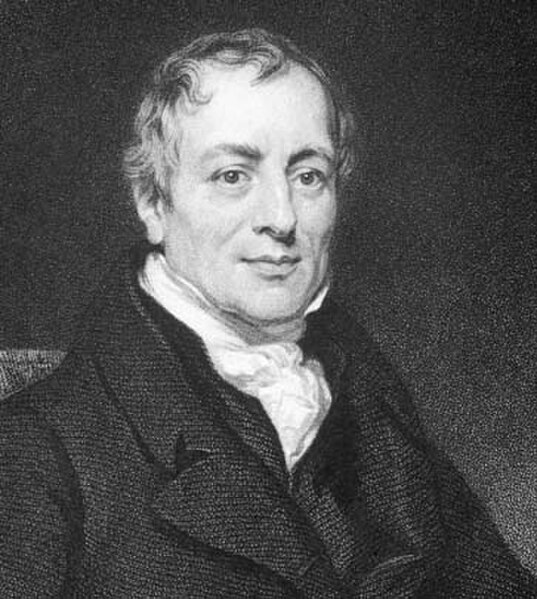A trade agreement is a wide-ranging taxes, tariff and trade treaty that often includes investment guarantees. It exists when two or more countries agree on terms that help them trade with each other. The most common trade agreements are of the preferential and free trade types, which are concluded in order to reduce tariffs, quotas and other trade restrictions on items traded between the signatories.
Types of trading arrangements (arranged by intensity of economic integration)
Free trade is a trade policy that does not restrict imports or exports. In government, free trade is predominantly advocated by political parties that hold economically liberal positions, while economic nationalist and left-wing political parties generally support protectionism, the opposite of free trade.
Political poster from the British Liberal Party displaying their views on the differences between an economy based on free trade and protectionism. The free-trade shop is shown as full to the brim with customers due to its low prices. The shop based upon protectionism is shown as suffering from high prices and a lack of customers, with animosity between the business owner and the regulator.
David Ricardo
Britain waged two Opium Wars to force China to legalize the opium trade and to open all of China to British merchants.
Singapore is the top country in the Enabling Trade Index.





